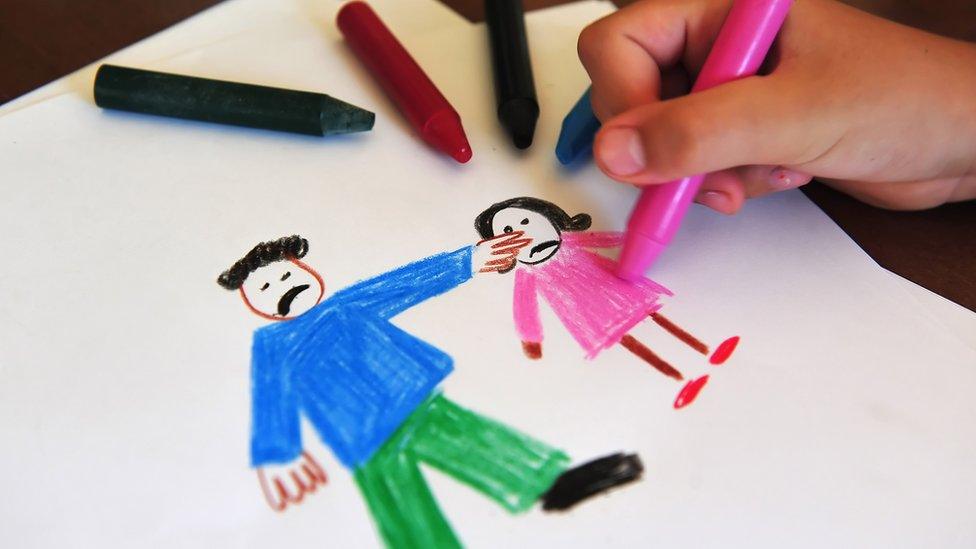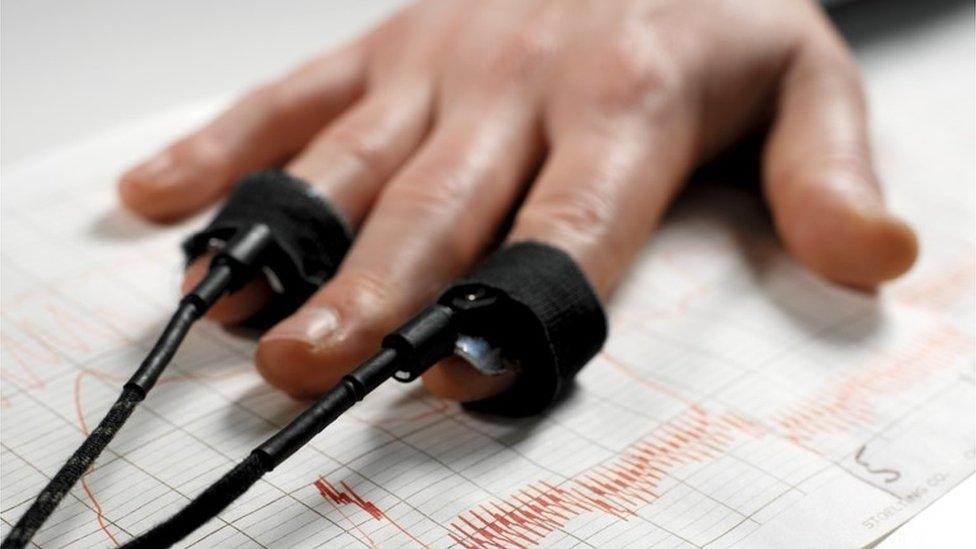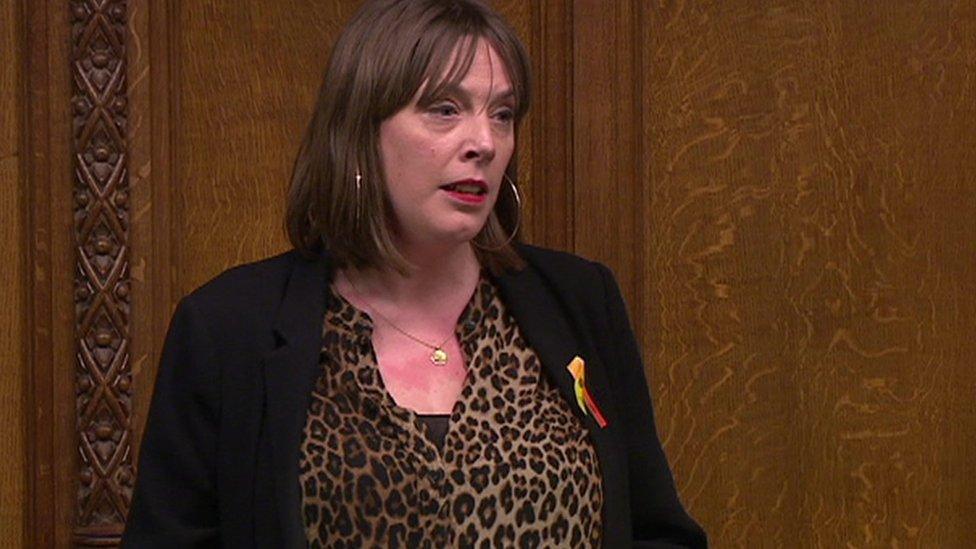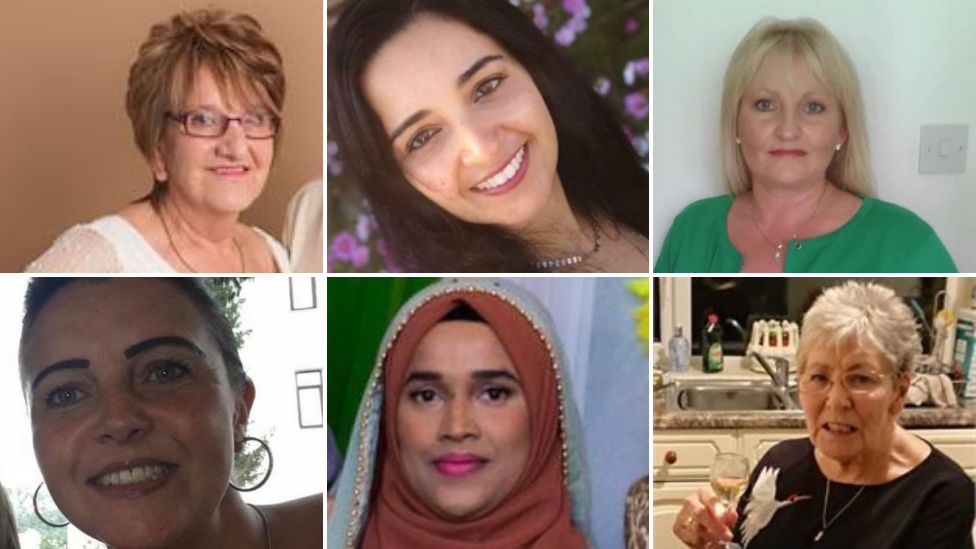Calls about children witnessing domestic abuse 'rise 25%'
- Published

Calls to the NSPCC about children witnessing the most serious forms of domestic abuse have jumped 25% in a year, the charity has warned.
The number of reports that were referred to the police or local authorities rose to 6,642 in 2018/19 - up from 5,322 the year before.
The children involved were at "huge risk of harm", the NSPCC said.
It is calling for the government to include more protections for children in the Domestic Abuse Bill.
The Home Office said children would benefit from "a number of measures" in the bill, which is currently making its way through Parliament.
The BBC spoke to one support worker who said she had met a six-year-old boy who slept wearing shoes so he would be ready to run away from his abusive father.
"He was living with violence. If the attacks were on [his] mum, he'd be the one that would run for help," said Lisa Briard, who works at Leapfrog, which supports children and their mothers in Wirral.
"He was on high alert. If there was a little bang in the room he'd jump, he'd keep an eye out. He never really relaxed."
It took six weeks of visiting Leapfrog before he would take his shoes and coat off, Ms Briard said.
"That was a big achievement for him," she added.
Figures shown to the BBC by the NSPCC suggest more than half (57%) of calls to its helpline about children witnessing serious domestic abuse are referred to local authorities.
But children's services do not currently have a legal obligation to provide support in many circumstances.

Alice's story: 'I felt like a possession'
When Alice - who is not using her real name - met her husband abroad it was, she now says, like a "fairytale".
"We were friends, we fell in love. It was a true love story," she says.
After 18 months together, the couple moved to the UK and had a daughter. Then things changed.
"I felt like a possession. He would pay for everything, he would do all the accounts and give me a set amount [of money] at the end of the month," she recalls.
"Over time I just felt like my personality was being stamped out."
Alice tried to shield her daughter from the abuse, but it still had an impact on her behaviour.
Alice says: "She went from having a sweet, kind little personality to being a bit rebellious and she knew she could play the two parents off one another. Unfortunately that doesn't make for a very nice child."
Both Alice and her daughter have now received therapy. "The difference is amazing, it's like night and day. It's wonderful seeing her blossom and learning about her feelings," Alice says.

Emily Hilton, from the NSPCC, said the Domestic Abuse Bill currently fails to explicitly recognise children who witness domestic abuse as victims.
The charity is urging the government to include a statutory duty on local authorities to provide community-based specialist services.
"The bill in its current form fails to protect children from the devastating impact of living with domestic abuse, leaving thousands at continued risk because the help they deserve is not in place," said Ms Hilton.
She added that the government was "missing a landmark opportunity to transform the way we help young people recover from the trauma of abuse".
The Home Office said it "fully recognises" the "devastating impact domestic abuse has on children and young people".
"Children will benefit from a number of measures included in the Domestic Abuse Bill and the designated Domestic Abuse Commissioner has been appointed to encourage good practice in, amongst other things, the provision of protection and support for children affected by domestic abuse," it added.
- Published3 March 2020

- Published5 March 2020

- Published13 February 2020
